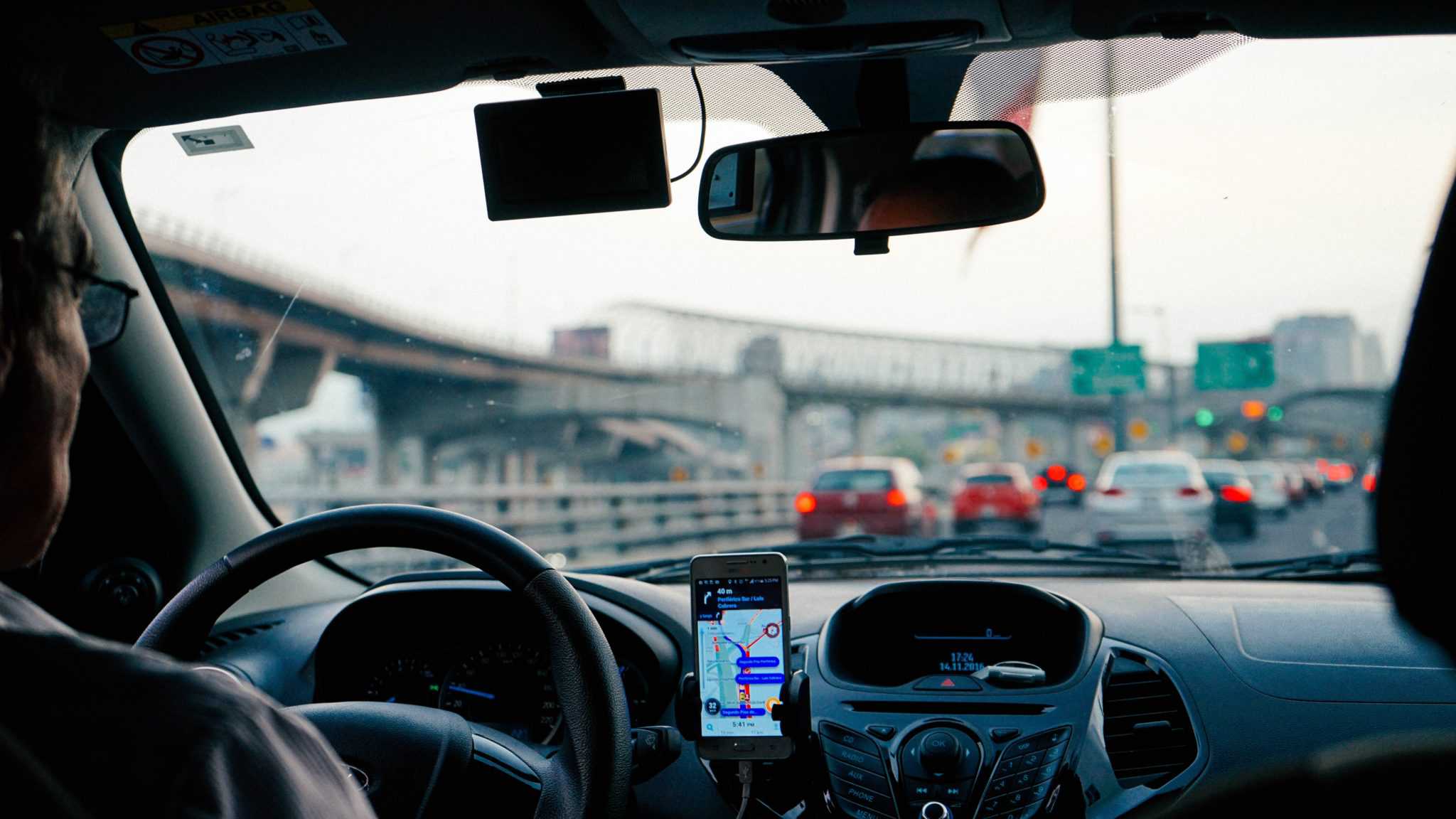
Leigh Thomas is a student at Harvard Law School.
The Partnership for Working Families and the National Employment Law Project released a report yesterday outlining the harms posed by Proposition 22, the California ballot initiative backed by $110 million from Uber, Lyft, Postmates, Instacart, and Doordash. If passed, the ballot initiative would exempt app-based transportation and delivery companies from AB 5, a California law categorizing workers at those companies as employees rather than independent contractors. The report, titled “Rigging the Gig,” details how Proposition 22 would allow app-based companies to avoid paying overtime, prevent workers from accessing paid sick leave, and deny workers long-term medical or income protections if they are disabled on the job. While Proposition 22 purports to put new labor protections in place such as new wage requirements and increases in covered expenses, the authors of Rigging the Gig point out that the wage calculations account only for “engaged time” and omit time waiting for requests, which accounts for up to thirty percent of driving time. Proposition 22 has significant long-term implications: if passed, the measure could only be amended with a 7/8 majority of state legislators. Voters will decide on Proposition 22 this November.
The New York State Nurses Association (NYSNA) filed charges of unfair labor practices with the NLRB yesterday. NYSNA is the largest nurses union in New York, representing more than 42,000 nurses working on the frontlines of the coronavirus pandemic. The lawsuit targets multiple hospitals both public and private, and demands the release of information about how many union nurses reported COVID-19 symptoms, received tests, and tested positive. The union states this information is critical to prepare for a potential second waive of the virus. NYSNA previously filed lawsuits against the state Department of Health and two hospital systems challenging lack of personal protective equipment.
Anecdotes of large, well-resourced companies receiving loans from the Paycheck Protection Program loans are coloring the debates over if and how to extend the program, POLITICO reports. Some lawmakers are calling for more oversight and restrictions for which businesses will qualify for the program if it is renewed. Sen. Ben Cardin of Maryland, the top Democrat on the Small Business Committee, indicated that the next phase of small business support would concentrate on smaller employers, with a revenue loss standard for businesses that qualify. This contrasts with the self-certification that defined the first round of loans.
In response to layoffs announced by the City University of New York (CUNY), the union representing CUNY faculty and staff filed a lawsuit to force the university system to rehire laid-off employees and pay back pay. The lawsuit claims CUNY violated its obligations under the CARES Act. CUNY received $251 million in CARES Act funding, which the union claims required CUNY to retain all employees on payroll “to the greatest extent possible.” In a statement about the layoffs, CUNY said that the cuts were necessary in anticipation of city and state funding cuts.
New reports by the Organization for Economic Cooperation and Development and the European Commission predict it will take years for the global economy to recover from the jobs lost due to the pandemic. “The jobs crisis risks turning into a social crisis,” the OECD report warns, as the economic damage will be distributed unevenly among workers. Low income and vulnerable workers are less likely to be able to work from home and more likely to face job loss. Women have been affected by job loss worse than men. The European Commission’s report predicts the economic impact of the pandemic on the EU will be worse than previously predicted, with a particularly grim outlook for the bloc’s southern states.
The National Hockey League has reached a tentative deal with the NHL Players’ Association regarding a return-to-play format and the extension of the union’s collective bargaining agreement. Under the return-to-play plan, playoffs would begin August 1st in two hub cities in Canada. The extension of the CBA covers a number of issues including the NHL’s potential return to the Olympics, leaving the return as a possibility if the NHL resolves certain marketing rights and health insurance issues with the International Olympic Committee.






Daily News & Commentary
Start your day with our roundup of the latest labor developments. See all
February 13
Sex workers in Nevada fight to become the nation’s first to unionize; industry groups push NLRB to establish a more business-friendly test for independent contractor status; and UFCW launches an anti-AI price setting in grocery store campaign.
February 12
Teamsters sue UPS over buyout program; flight attendants and pilots call for leadership change at American Airlines; and Argentina considers major labor reforms despite forceful opposition.
February 11
Hollywood begins negotiations for a new labor agreement with writers and actors; the EEOC launches an investigation into Nike’s DEI programs and potential discrimination against white workers; and Mayor Mamdani circulates a memo regarding the city’s Economic Development Corporation.
February 10
San Francisco teachers walk out; NLRB reverses course on SpaceX; NYC nurses secure tentative agreements.
February 9
FTC argues DEI is anticompetitive collusion, Supreme Court may decide scope of exception to forced arbitration, NJ pauses ABC test rule.
February 8
The Second Circuit rejects a constitutional challenge to the NLRB, pharmacy and lab technicians join a California healthcare strike, and the EEOC defends a single better-paid worker standard in Equal Pay Act suits.